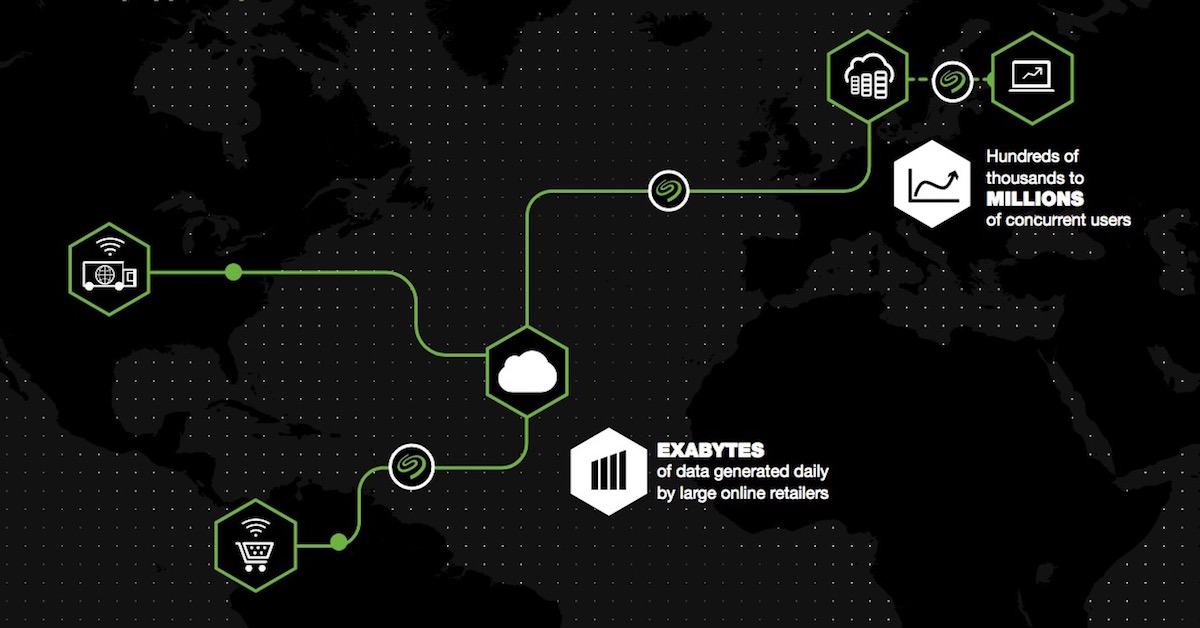True to its promise of ‘Connecting The Information Security Community’, this week Kelly Jackson Higgins, Executive Editor at DarkReading.com published a piece enttiled, ‘Lockheed Martin-Led Consortium Builds Secure ‘System Of Systems‘. This is the first such piece from the media to tackle that aims to address the complexities of the Multilevel Secure (MLS) Ecosystem, a commercially available solution capable of protecting high performance computing (HPC) environments within U.S. Military, intelligence and commercial settings against insider threats, data leaks and threats from outside the organization that quickly become insider threats when security has been penetrated.
For many the MLS Ecosystem was first introduced in a by-lined piece, written by Joseph Swartz, CSCF/Chief Scientist at Lockheed Martin Corp., for Seagate’s Intelligent Infrastructure blog.
Higgins’ piece is framed around quotes, which include the following from interviews conducted with both Lockheed Martin and Seagate…
MLS basically provides programmatic access to various sensitive systems from multiple levels of user access, according to the developers. It lets an organization run all user and system security levels across multiple departments — and far-flung sites — simultaneously, rather than isolating them.
developers. It lets an organization run all user and system security levels across multiple departments — and far-flung sites — simultaneously, rather than isolating them.
“It can identify someone doing something they’re not supposed to do. So if somebody enables a USB port on this computer, you can wander over and see if he had the okay to do it,” says Joseph Swartz, software engineer at Lockheed Martin. “It would make a Snowden [insider threat situation] much harder”…
“Snowden had super-user privileges on the network, notes Michael Hoard, a product marketing staff member of Seagate’s cloud systems and electronics group. “So when people were sending emails, and store and forward between servers and network nodes, he had super-user [credentials] so he could simply collect any file he wanted and put it on a thumb drive,” Hoard says.
“For the commercial world, MLS could help eliminate future Snowdens, he says. “It would apply to government and also to commercial applications that involve intellectual property, financial trading concerns, and healthcare,” for example.”
“MLS is a departure from the mindset of securing at each device. “What happened with Snowden was really an outcome of the thought that you could secure each individual device,” says Larry Jones, director of product management for Seagate. “It’s a step up in security” that allows you to connect two disparate networks and maintain the security between them, he notes.”
Visit InformationWeek’s Dark Reading website to read the full story.






